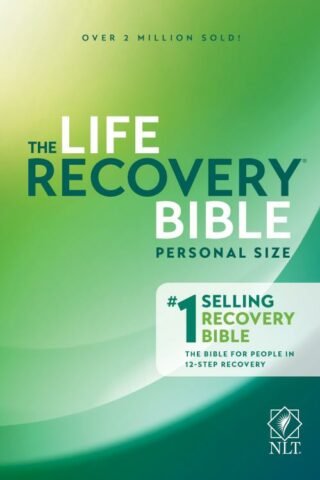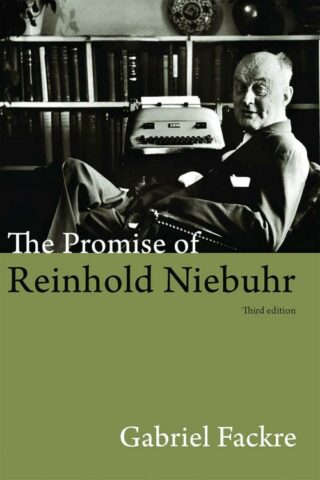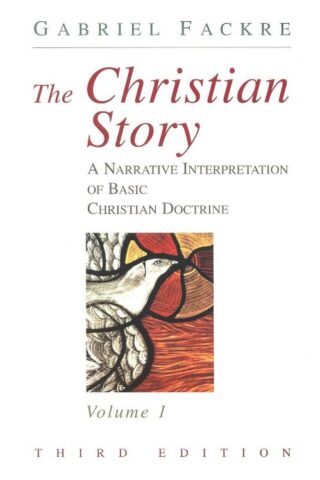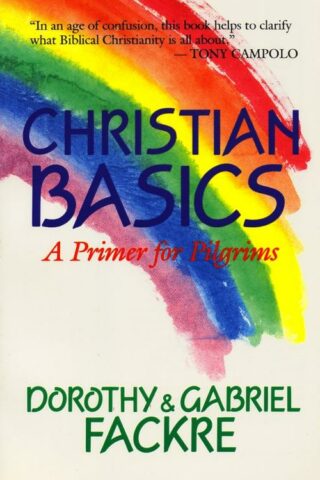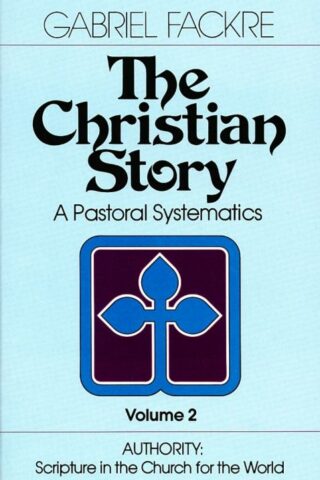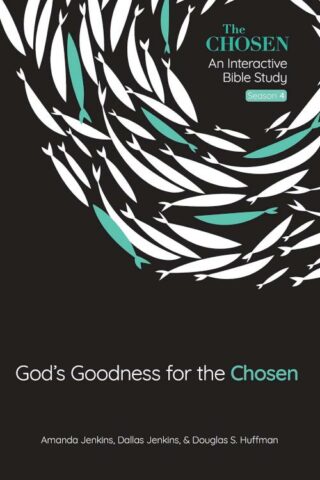Gabriel Fackre
Showing all 6 resultsSorted by latest
-
Promise Of Reinhold Niebuhr Third Edition
$21.99The Promise of Reinhold Niebuhr, first published in 1970, provides an introduction to the life and thought of Reinhold Niebuhr (1892-1971), arguably the most influential American theologian of the twentieth century. A standard text reworked for a new generation, Gabriel Fackre’s account of this iconic “visionary realist” is at once timeless and timely.
In this revised and updated third edition Gabriel Fackre
*Further clarifies Niebuhr’s point of view
*Critiques common misunderstandings about Niebuhr
*Applies Niebuhr’s thinking to contemporary theological and cultural movementsAdd to cartin stock within 3-5 days of online purchase
-
Doctrine Of Revelation
$26.50From the publisher: This book ventures a new interpretation of revelation. The author discusses the major themes in the narrative of revelation, engaging critically with four of the century’s giants in theology: Karl Barth, Paul Tillich, Karl Rahner and Carl Henry. These represent the four major phases in the narrative of revelation and Fackre addresses these alternative views in twentieth-century theology through in-depth inquiry and critical analysis. This book challenges reductionist views and strives for an ecumenical understanding that appropriates the insights from a variety of schools of thought.
Add to cartin stock within 3-5 days of online purchase
-
Christian Story Volume 1 A Print On Demand Title (Revised)
$32.99This is a print on demand book and is therefore non- returnable.
This book is for those struggling with the question What is the Christian faith? The answer given here unfolds in the form of a story. Gabriel Fackre interprets the basic Christian beliefs as “chapters in the biography of God,” a narrative technique that shows the drama and dynamism of what God is doing in the world. En route, Fackre covers the standard teachings of the Christian tradition, beginning and ending with the doctrine of God and treating the subjects of creation, fall, covenant, Christ, church, salvation, and consummation.
Having been thoroughly revised and updated in this third edition, The Christian Story now develops in more detail the doctrine of the Trinity, takes up the issues of religious pluralism and Jewish-Christian dialogue, and offers a perspective on angelology. New appendices discuss the use of inclusive language and describe the surge of writing in the field of systematic theology.
Add to cartin stock within 3-5 days of online purchase
-
Christian Basics A Print On Demand Title
$21.99A critically acclaimed resource perfect for your membership classes—and a lively refresher for long-time believers. The Fackres begin their introduction to Christianity by answering the question “Who is God?” From there they explain—in clear language—the creation, the fall, the covenant, Jesus, the church, salvation, and consummation. Includes a study guide, challenging questions, and more.
Add to cartin stock within 3-5 days of online purchase
-
Christian Story Volume 2 A Print On Demand Title
$33.99As a pastoral systematic, The Christian Story rises from, and strives to be a resource to, the life and witness of the church and its leadership. The first volume (revised edition, 1984) offered an introductory overview of the basic Christian doctrine.
Now turning his attention to the individual doctrines, Gabriel Fackre here surveys a spectrum of views on authority – from inerrantist to experientialist – and sets forth an alternative perspective along ecumenical and narrative lines. The author’s search for a full-orbed position affirms Scripture as the source, the church and its traditions as resource, the world of human experience as setting, the Gospel as substance, and Christ as the center of authority.
A detailed analysis of hermeneutical issues is included in the book. The quest for evangelical catholicity leads to a restatement of the fourfold method of scriptural interpretation: common sense, critical scholarship, canonical perspective, and the contextualization process – personal and social. An extensive exegesis of a key Christological text, John 14:6, illustrates how this method works.
Add to cartin stock within 3-5 days of online purchase


